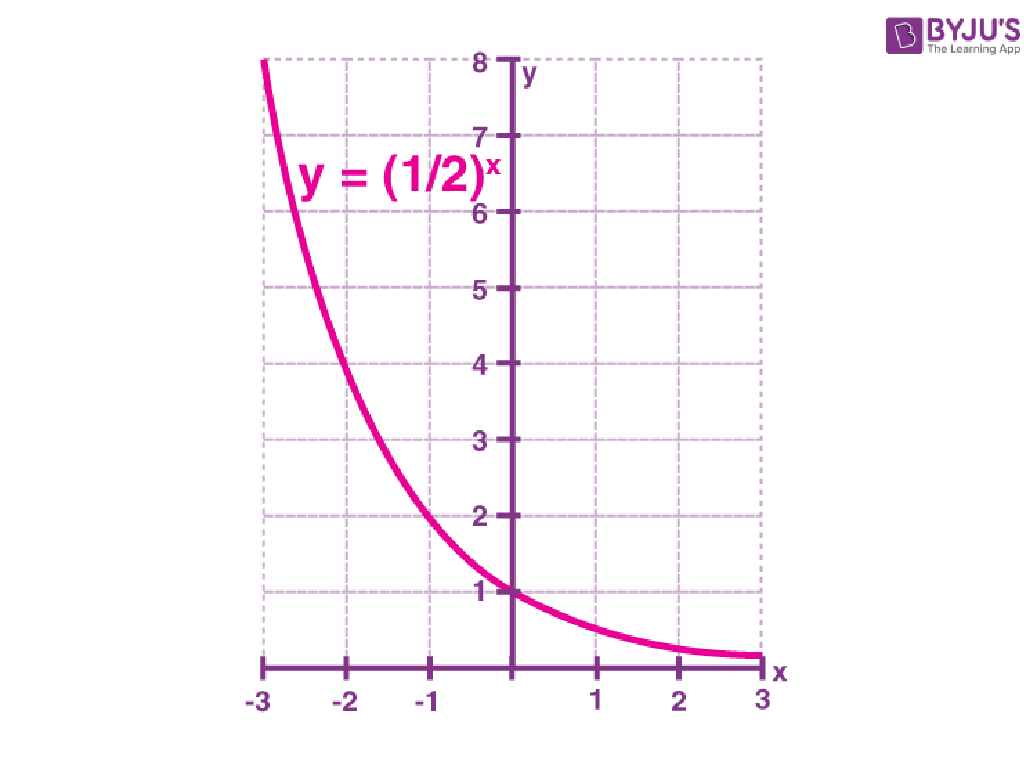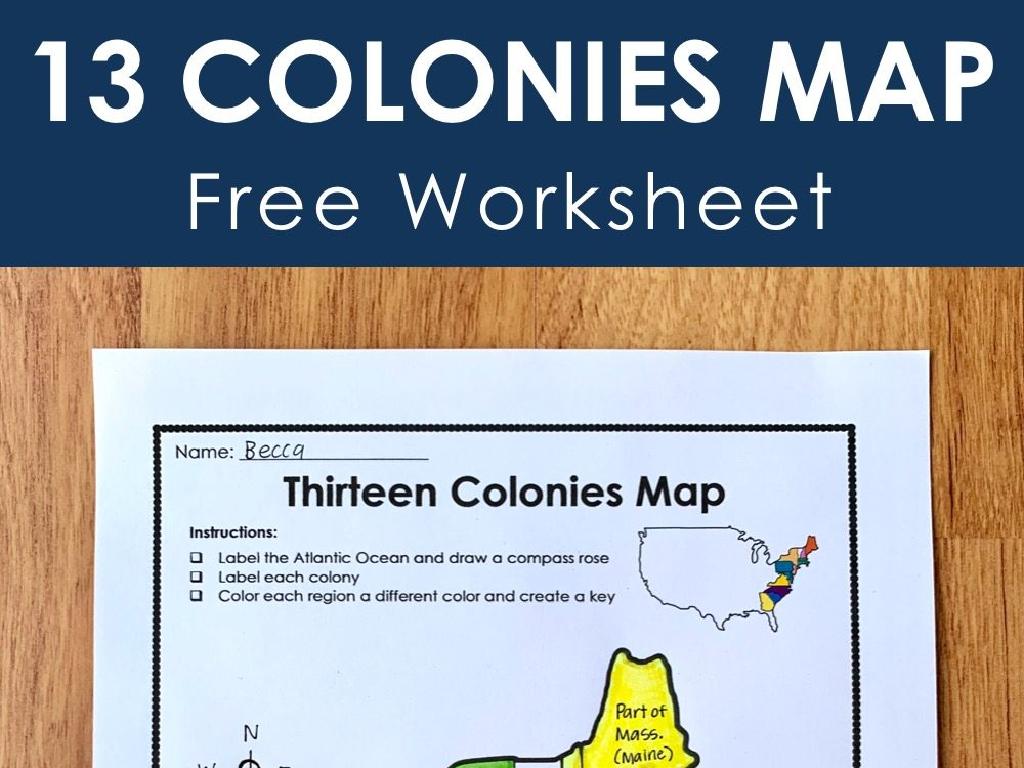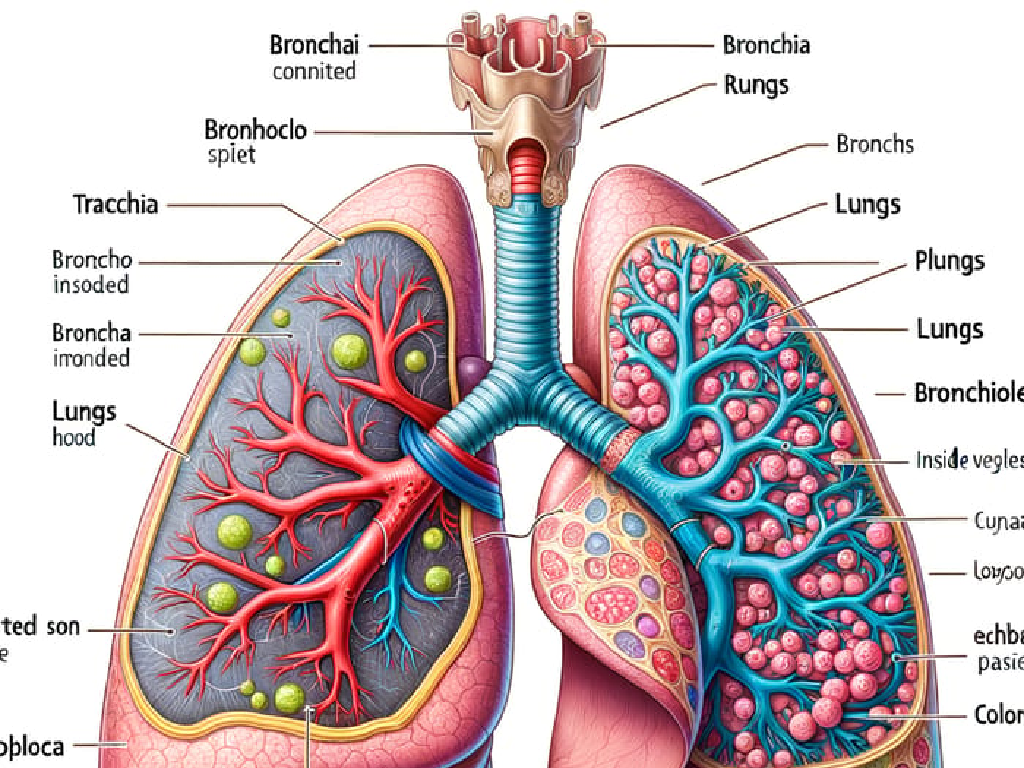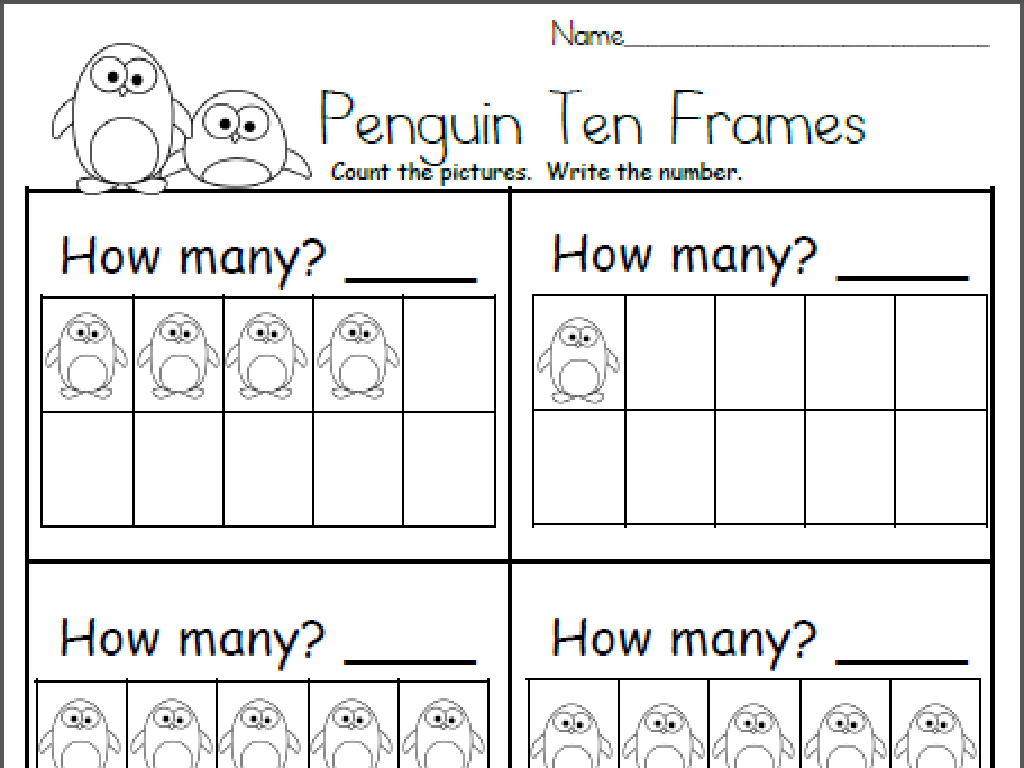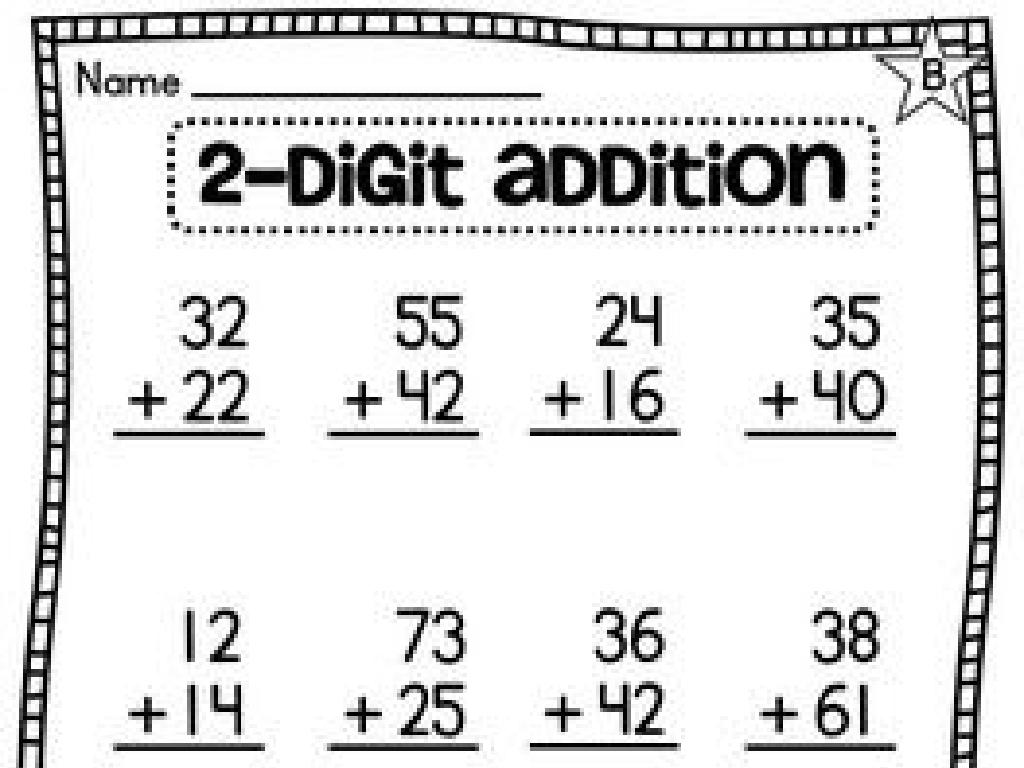Use Context To Identify The Meaning Of A Word
Subject: Language arts
Grade: Fourth grade
Topic: Context Clues
Please LOG IN to download the presentation. Access is available to registered users only.
View More Content
Becoming Word Detectives with Context Clues
– What are context clues?
– Clues in text that help guess word meanings
– How to be a word detective
– Look for hints around unfamiliar words
– Using context in sentences
– Find words or phrases close to the tricky word that give hints
– The value of context clues
|
This slide introduces the concept of context clues to fourth-grade students, framing it as a detective game where they become ‘Word Detectives.’ Begin by explaining that context clues are hints found within sentences that can help us figure out the meanings of words we don’t know. Emphasize the importance of paying attention to the words and sentences that surround unfamiliar words. Provide examples of sentences with context clues and guide students to identify the clues and infer the meanings of highlighted words. Discuss why using context clues is a crucial skill, as it helps with reading comprehension and expands vocabulary. Encourage students to practice this skill by reading and identifying new words and their possible meanings using context clues.
Understanding Context Clues
– What are context clues?
– Hints in text that help us define unfamiliar words
– Where to find context clues?
– Look in the surrounding sentences for hints
– Types of context clues
– Definition, Synonym, Antonym, Example, Inference
– Using clues to understand words
– Practice finding and using clues in reading
|
This slide introduces the concept of context clues to fourth-grade students, emphasizing their importance in reading comprehension. Context clues are the hints authors provide to help readers understand the meaning of unfamiliar words without using a dictionary. These clues can be found within the same sentence or nearby sentences of the word in question. The slide outlines the different types of context clues: definitions provided in the text, synonyms and antonyms that offer meaning through comparison or contrast, examples that illustrate the word in use, and inferences that require readers to draw conclusions based on the information given. Encourage students to practice identifying these types of clues in their reading assignments and discuss how each type can help decipher the meaning of new vocabulary.
Context Clues: Unveiling Word Meanings
– Context clues with definitions
– ‘Arboreal’ means tree-dwelling, like monkeys.
– Context clues with synonyms
– ‘Jubilant’ means very happy, shown by test results joy.
|
This slide aims to teach students how to use context clues to determine the meaning of unfamiliar words. By providing examples, students can see how definitions or synonyms within a sentence can help decipher the meaning of a word they may not know. The first example uses the word ‘arboreal’ and explains it directly in the sentence, indicating that it refers to creatures that live in trees. The second example uses the word ‘jubilant’ and provides a synonym, ‘very happy,’ to clarify its meaning. Encourage students to look for similar clues in their reading. Ask them to practice by finding unknown words in a text and using context clues to guess their meanings.
Practice Time: Be a Context Clue Detective!
– Practice finding context clues
– Become a detective for clues
– Look for words or phrases around the unknown word that give hints
– Understand different clue types
– Types: synonyms, antonyms, explanations, examples
– Use clues to define words
– Apply the clues to guess the meaning of new words
|
This slide is designed for an interactive class activity where students will practice using context clues to determine the meaning of unfamiliar words. Encourage the students to think like detectives, searching for hints within the sentences to solve the mystery of the unknown word. Remind them of the different types of context clues: synonyms, antonyms, explanations, and examples. Provide sentences with deliberately chosen vocabulary that is likely unfamiliar to them, and guide them through the process of using context to infer meaning. This activity will help reinforce their understanding of context clues and improve their ability to comprehend texts independently.
Using Context Clues in Stories
– Context clues in stories
– Clues can be found in the story’s setting, characters, and plot.
– Read a story together
– We’ll read aloud and explore the story as a class.
– Find context clues
– Look for words you don’t know and figure out meanings from the story.
– Discuss our discoveries
|
This slide introduces the concept of context clues within the framework of an entire story, not just individual sentences. Emphasize to students that context clues can come from various elements of a story such as the setting, character actions, or the plot. As you read the story together in class, encourage students to actively search for new vocabulary and use the surrounding text to infer meanings. After reading, facilitate a discussion where students share the new words they found and explain how they used context clues to understand them. This will help reinforce their learning and demonstrate the practical application of context clues in real reading scenarios.
Group Activity: Word Detective
– Form detective groups
– Discover mystery word meanings
– Look for hints in the sentences around the mystery words
– Use context clues as your guide
– Present findings to the class
– Share how you figured out the word meanings
|
This group activity is designed to engage students in collaborative learning. Divide the class into small groups and assign each a set of ‘mystery words’ to investigate. Provide guidance on using context clues such as definitions, examples, synonyms, or antonyms within the text to infer the meanings of the words. Encourage each group to discuss their thoughts and agree on the meanings before presenting. For the presentations, each group will explain how they used context clues to determine the meanings of their assigned words. This activity fosters teamwork, critical thinking, and public speaking skills. Possible mystery words could include ‘scamper’, ‘soar’, ‘melancholy’, ‘bustling’, and ‘fragrant’. Ensure that the words chosen are appropriate for the fourth-grade level and that sufficient context is provided in the example sentences for the students to work with.
Class Activity: Crafting Context Clues
– Create sentences with clues
– Pick a word for your sentence
– Write a sentence with hints
Include synonyms, antonyms, or descriptions that hint at the word’s meaning.
– Share and guess meanings together
|
This activity is designed to engage students in understanding how context clues help readers infer the meaning of unfamiliar words. Students will choose a word and create their own sentences that provide clues to the word’s meaning. Encourage creativity and the use of different types of context clues such as synonyms, antonyms, explanations, or examples. After writing their sentences, students will share them with the class, and classmates will try to guess the meanings of the chosen words. This exercise will help reinforce the concept of context clues and enhance vocabulary skills. Possible activities could include creating sentences for vocabulary words from a recent lesson, using words from a story they are currently reading, or coming up with completely new words to challenge their peers.
Conclusion & Review: Context Clues
– Congrats, word detectives!
– Reviewing types of context clues
– Synonyms, antonyms, explanations, examples
– Context clues > dictionary
– Use sentence hints to unlock word meanings
– Practice makes perfect
– Keep reading and discovering new words!
|
Well done to all the students for their hard work in becoming word detectives! As we wrap up, let’s go over the types of context clues we’ve discussed: synonyms, antonyms, explanations, and examples. Remember, these clues are your tools to understand the meaning of new words without always having to look them up in a dictionary. It’s important to keep practicing these skills by reading regularly and paying attention to the words and sentences around unfamiliar terms. Encourage students to continue exploring and learning new vocabulary in everything they read.

